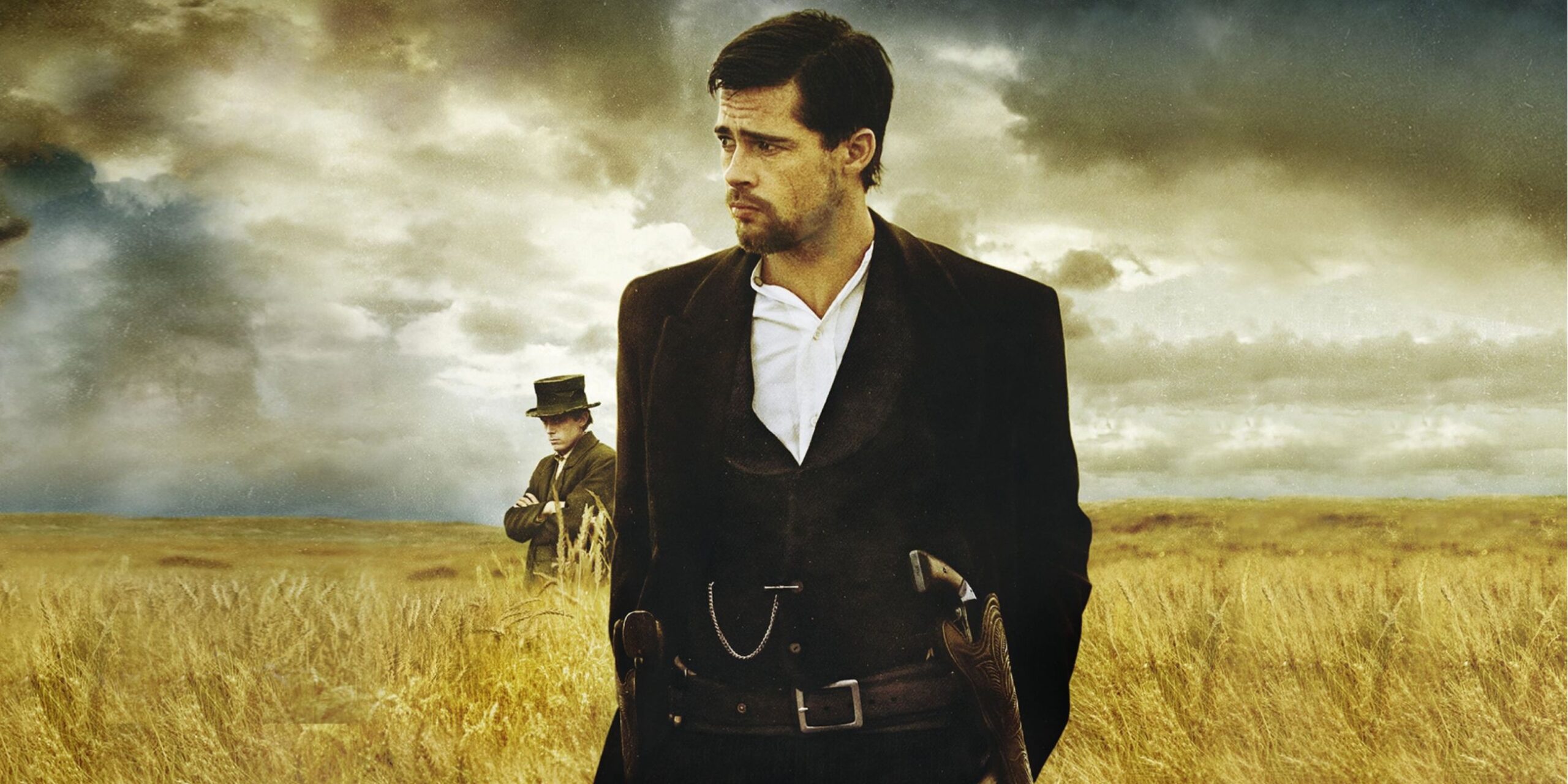The Western has always been a mythic genre, full of sun-scorched plains, silent gunmen, and the uneasy dance between law and lawlessness. But beneath the heroic legends and frontier romance lies a harsher truth: the West was often brutal, dirty, and soaked in blood. That’s where the grittiest Westerns come in.
The following ten movies aren’t tales of noble sheriffs or clean-cut cowboys. They’re stories where the dust never settles, where violence is quick and ugly, and where morality is murky at best. The heroes (if you can call them that) are often drifters, outlaws, or men on the edge, carrying more scars than ideals. Through them, the films strip the genre to the bone and let it bleed.
10
‘The Proposition’ (2005)
Directed by John Hillcoat
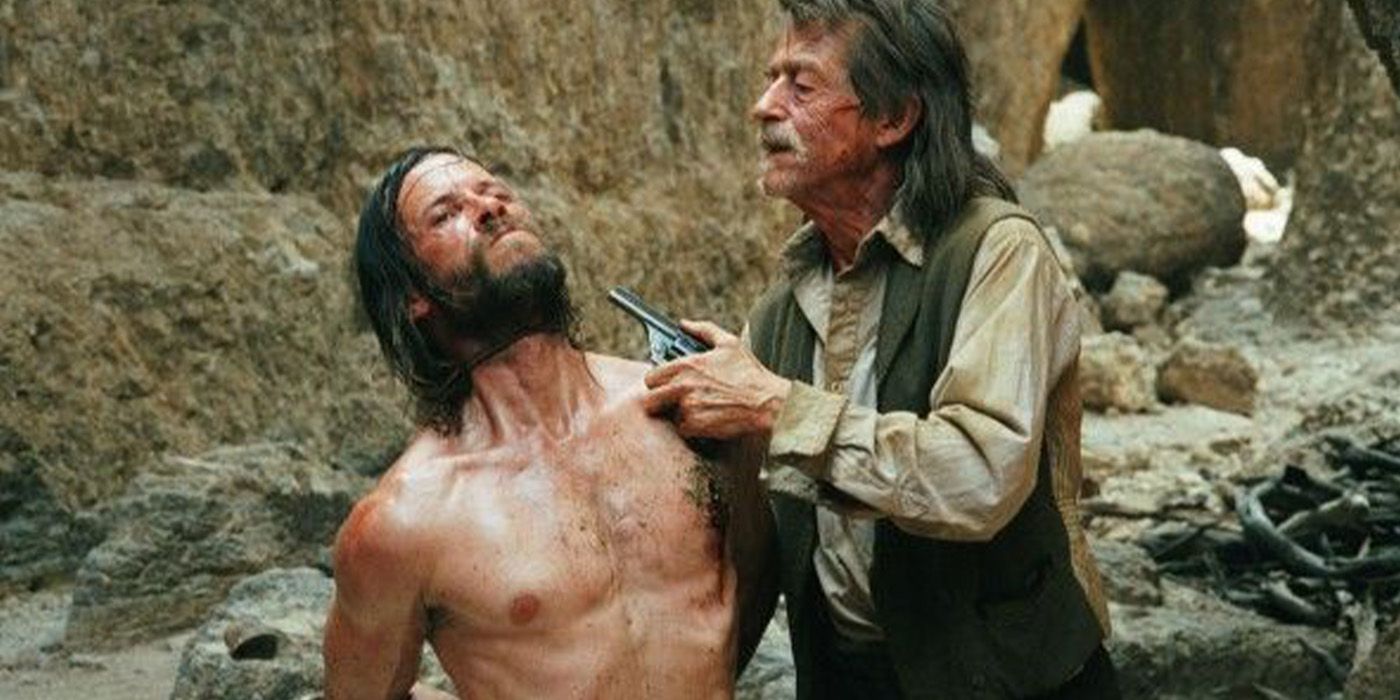
“Out here, it’s a land of blood.” The Proposition is brutal, biblical, and baked in sun-scorched dread. It flips the script a little, unfolding in the Australian outback rather than the American frontier. Story-wise, it focuses on a captured outlaw (Guy Pearce) offered a gruesome bargain: hunt down and kill his older brother, or the British authorities will execute his younger one. What unfolds is a slow, philosophical bloodletting where morality means little, and survival means less.
Directed by The Road‘s John Hillcoat and written by Nick Cave (yes, of the Bad Seeds), the film pulses with violence and aching poetry. The land itself feels cursed. The characters are driven by honor, revenge, and desperation, and none escape clean. This is the kind of Western where the wind cuts like a knife and justice is just another form of grief. Every decision causes ripples of consequences. It’s haunting, beautiful, and vicious to the end.
9
‘Unforgiven’ (1992)
Directed by Clint Eastwood
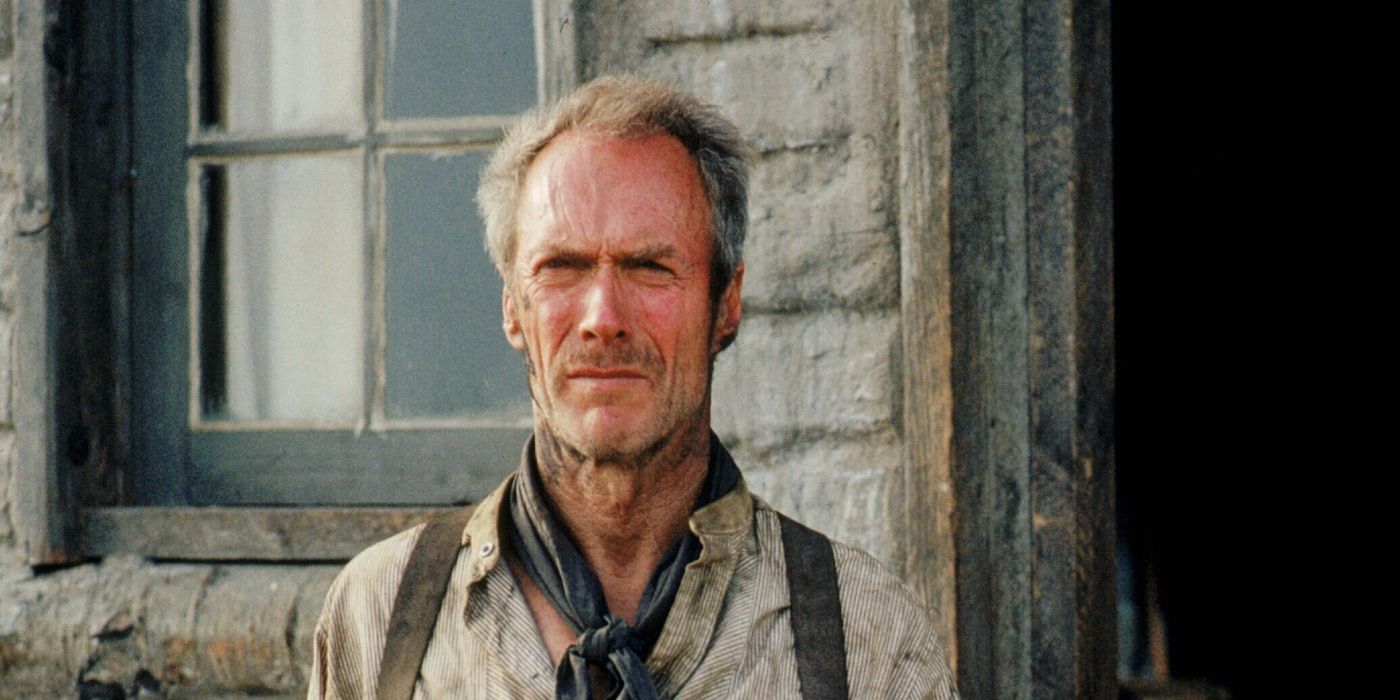
“It’s a hell of a thing, killing a man.” Unforgiven is Clint Eastwood‘s eulogy for the Western myth, a project he consciously conceived (and savored) as his last effort in the genre. He directs and stars as William Munny, a former killer turned farmer who takes one last job hunting down two men who mutilated a sex worker. Yet what seems like a simple revenge plot quickly unravels into something murkier and more honest: a portrait of violence without glamor and heroes without righteousness. This is the Western after the dream has died.
Eastwood handles the material with cold precision, stripping away the romance of gunfights and replacing it with dread and regret. In terms of the supporting cast, Gene Hackman‘s sheriff is charming, terrifying, and somehow sympathetic, and Morgan Freeman brings quiet sorrow to the role of Munny’s partner. The film’s final act is as brutal as it is elegiac, and it hits like a confession.
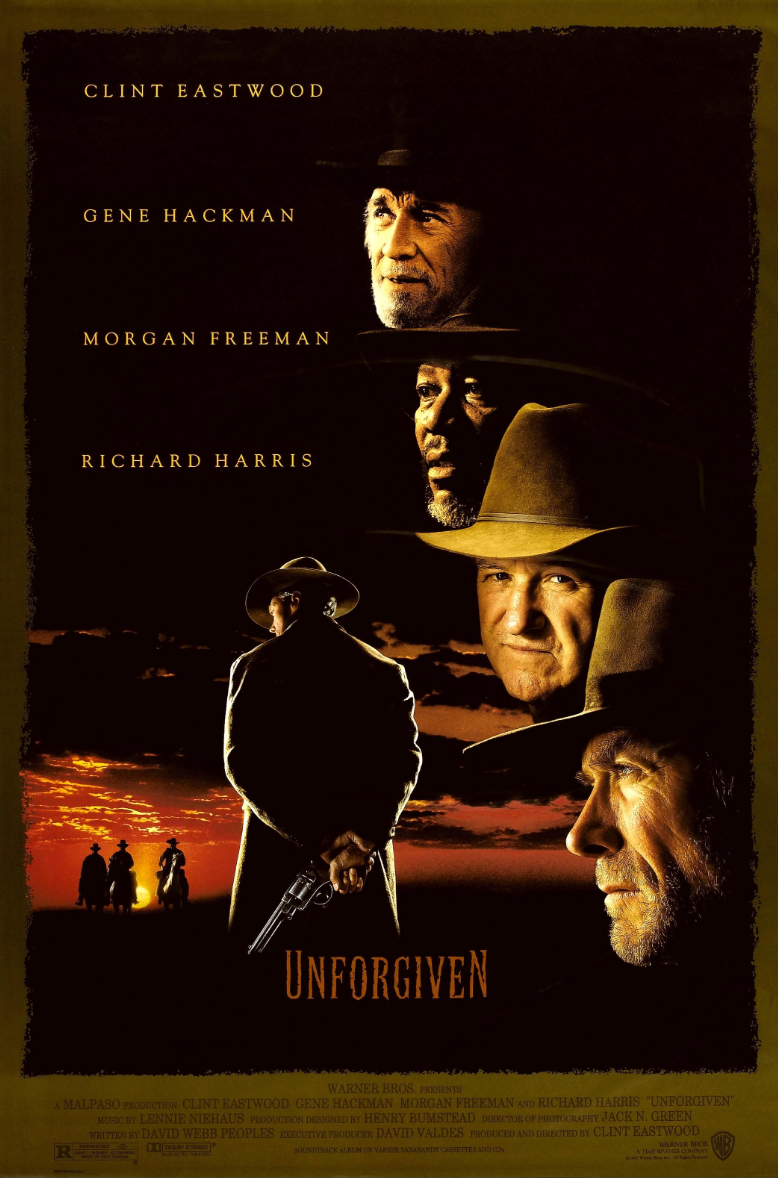
Unforgiven
- Release Date
-
August 7, 1992
- Runtime
-
130 Mins
8
‘The Wild Bunch’ (1969)
Directed by Sam Peckinpah
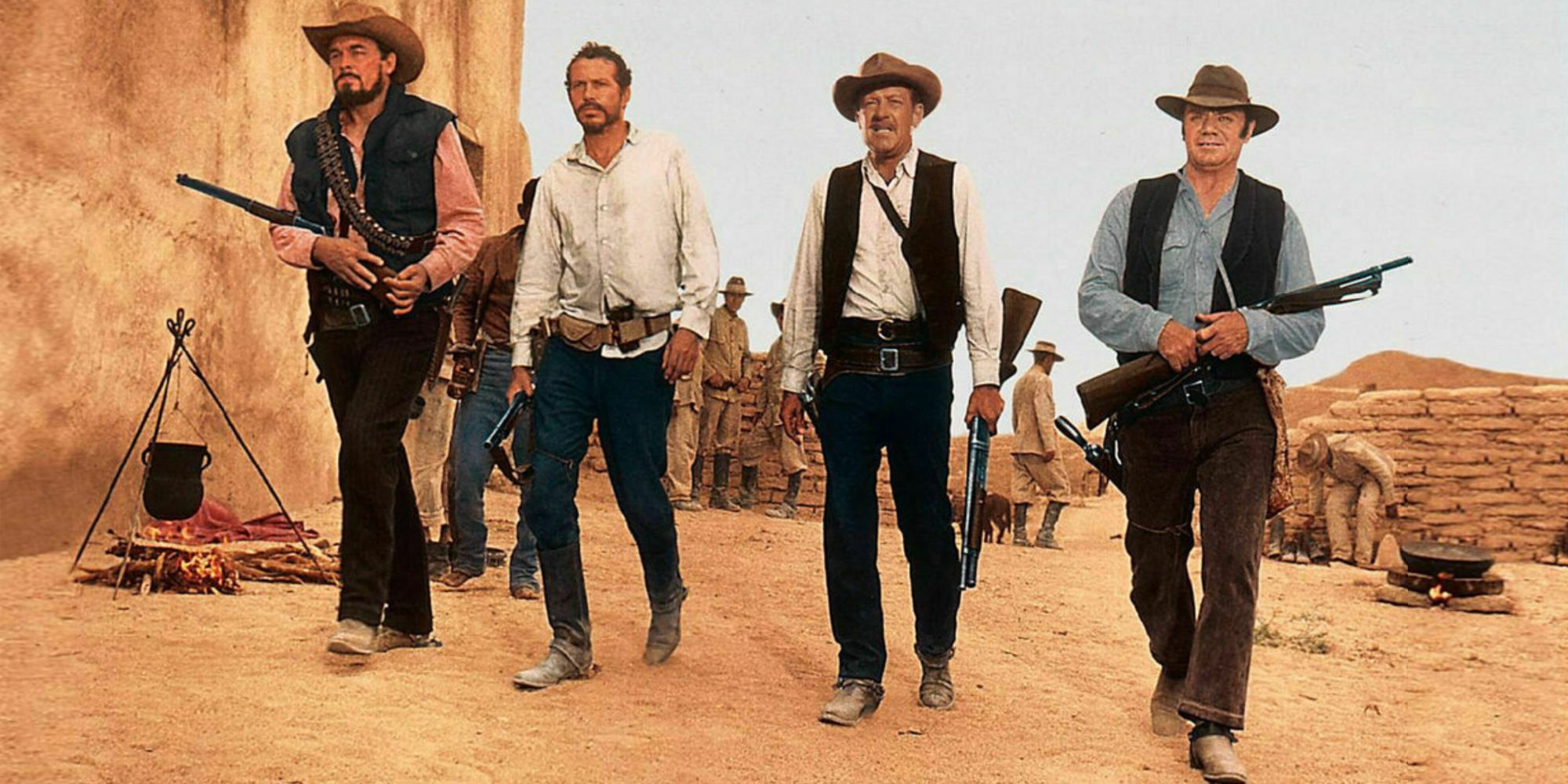
“We’re gonna ride out of here, just like we came in. Together.” The Wild Bunch didn’t just change Westerns—it blew them apart. Sam Peckinpah’s tale of aging outlaws making one last score at the edge of the Mexican border is a masterpiece of slow-motion violence, moral exhaustion, and crumbling brotherhood. It brought the New Hollywood sensibility to America’s oldest genre, and the results hit hard. Not everyone liked it on release, but it’s now an undisputed classic.
The opening shootout alone set a new bar for cinematic bloodletting. But beyond the carnage is something mournful: a deep awareness that these men are obsolete, ghosts of a dying age. It’s not just gritty, it’s dirt under the fingernails of American myth. William Holden‘s haunted leader, Ernest Borgnine‘s blind loyalty, the children watching executions with blank eyes: it all adds up to a Western that doesn’t mythologize its killers. It mourns them. And then it puts them through hell.
7
‘Bone Tomahawk’ (2015)
Directed by S. Craig Zahler
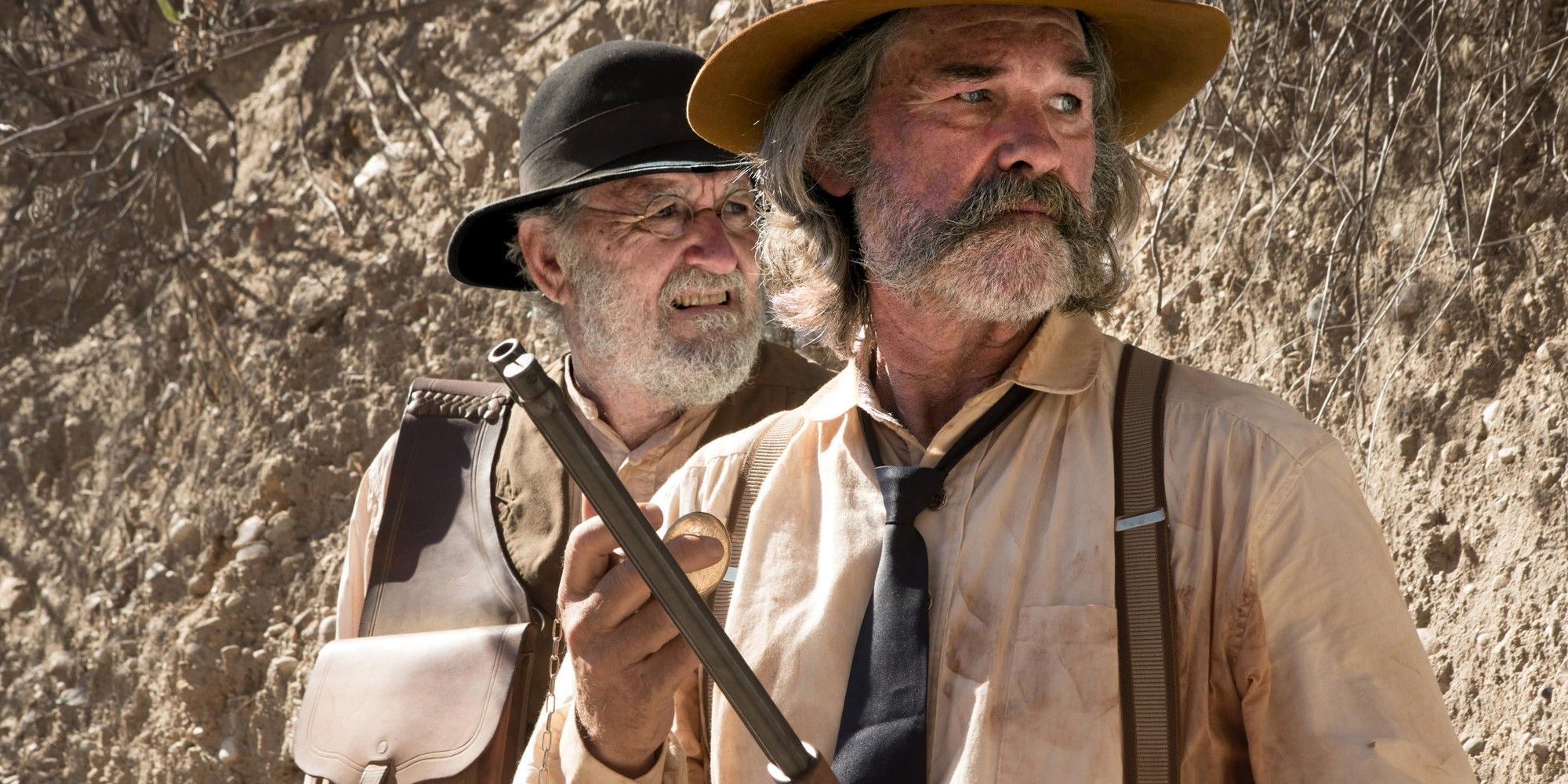
“You’re pretty angry for a guy named Buddy.” Bone Tomahawk begins like a classic Western. You’ve got the dusty town, the abduction, the posse riding out. But by the final act, it’s descended into something feral and nightmarish. A straightforward rescue mission becomes a confrontation with cannibalistic troglodytes deep in the wilderness, where language and civility dissolve into primal horror. The movie pivots between genres, a narrative sleight of hand that’s trickier than it looks.
S. Craig Zahler‘s direction is slow, deliberate, and unflinching. Kurt Russell leads a phenomenal cast with worn-out nobility, and Richard Jenkins quietly steals scenes with old-man pathos. But it’s the brutality that defines this film. Raw, sudden, and stomach-churning. The final twenty minutes are some of the most horrifying in modern genre filmmaking. This is the Old West as pure survival, where morality isn’t a compass but a liability. Not for the faint of heart.
6
‘Dead Man’ (1995)
Directed by Jim Jarmusch
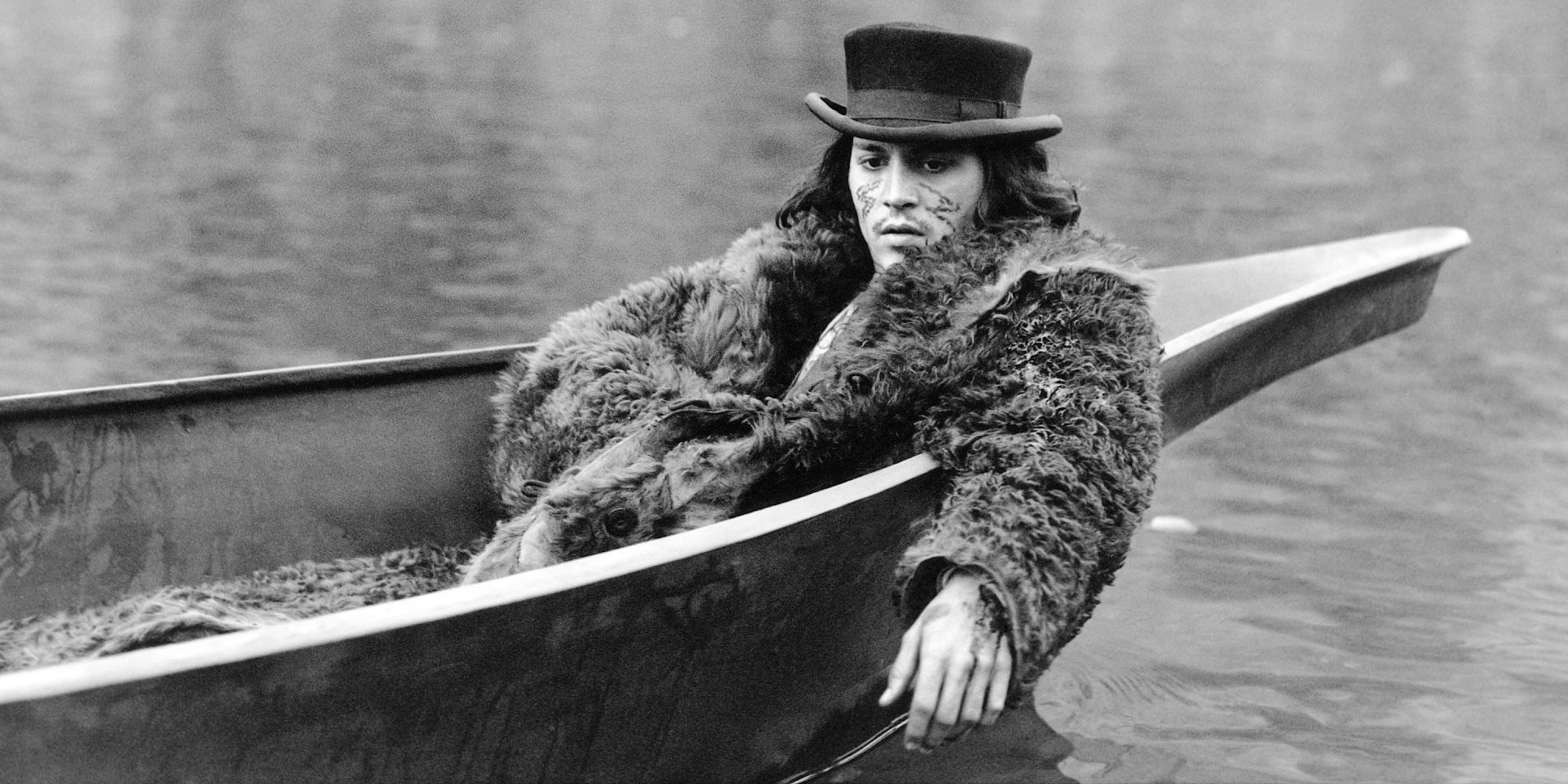
“Do you know my poetry?” Dead Man is a Western that feels like a dream slowly rotting. Jim Jarmusch‘s black-and-white odyssey stars Johnny Depp as William Blake, a meek accountant turned accidental outlaw, who wanders through a surreal frontier after being mortally wounded. He’s pursued by bounty hunters, haunted by visions, and guided by a Native American named Nobody (Gary Farmer) who believes he’s the reincarnation of the poet.
The film is utterly unique and totally hypnotic, drifting from scene to scene with the cadence of a dying thought. Neil Young‘s improvised guitar score adds to the unease. Ultimately, it’s a Western drained of purpose, where death is constant and meaning is elusive. Jarmusch deconstructs the genre until only smoke and bones remain. It’s Blood Meridian on acid, a mix of nihilism, poetry, big-brain literary references, and oddball imagery. That it manages to be entertaining all the while is an added bonus.
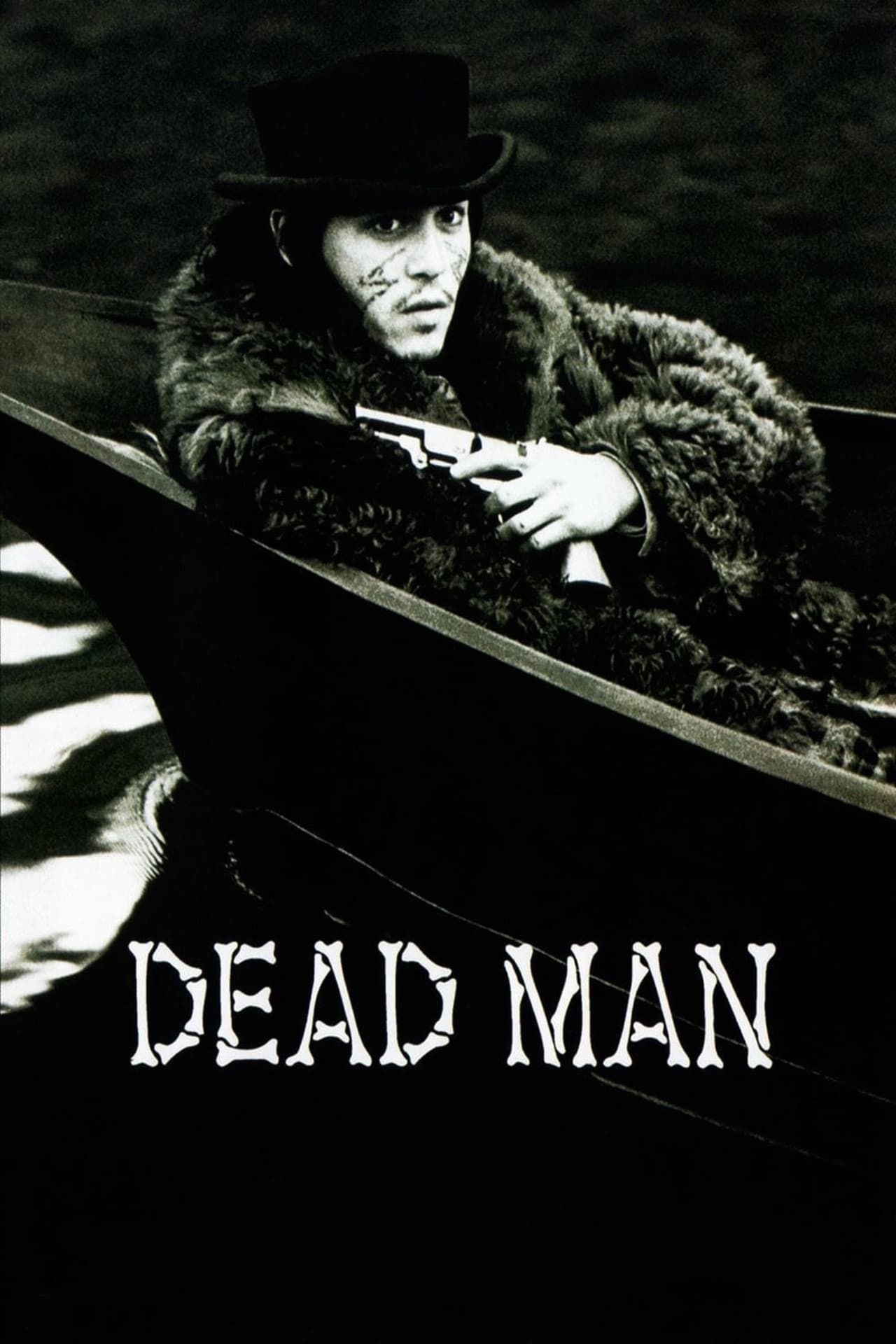
Dead Man
- Release Date
-
May 26, 1995
- Runtime
-
121 Minutes
5
‘No Country for Old Men’ (2007)
Directed by Joel and Ethan Coen
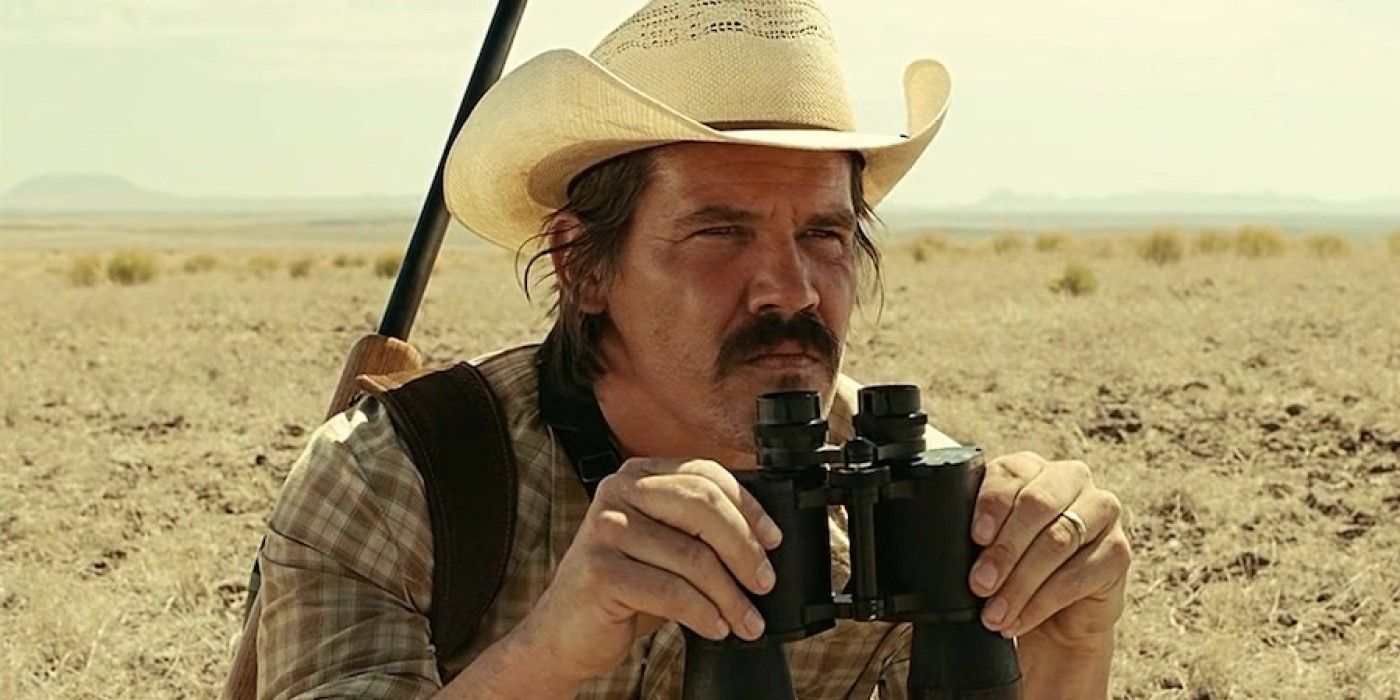
“What’s the most you ever lost on a coin toss?” No Country for Old Men is a Western hiding in a thriller’s clothes. Set in 1980s Texas, it follows a man (Josh Brolin) who stumbles on a drug deal gone wrong and steals a suitcase full of money, only to be hunted by Anton Chigurh (Javier Bardem), a killer so cold and methodical he feels like fate itself. The sheriff (Tommy Lee Jones) watches from afar knowing he’s outmatched. Worst still, he knows the old ways are dead.
Here, the Coen Brothers make a point of denying catharsis, doubling down on the bleakness of Cormac McCarthy‘s novel. The final confrontation happens off-screen. The good guys don’t win. Evil doesn’t lose. It’s a film about a moral order that no longer exists, if it ever did. The landscapes are dusty and cruel, the dialogue taut, and the violence devoid of flair. All that’s left is an old man’s quiet, defeated dream.
4
‘The Outlaw Josey Wales’ (1976)
Directed by Clint Eastwood
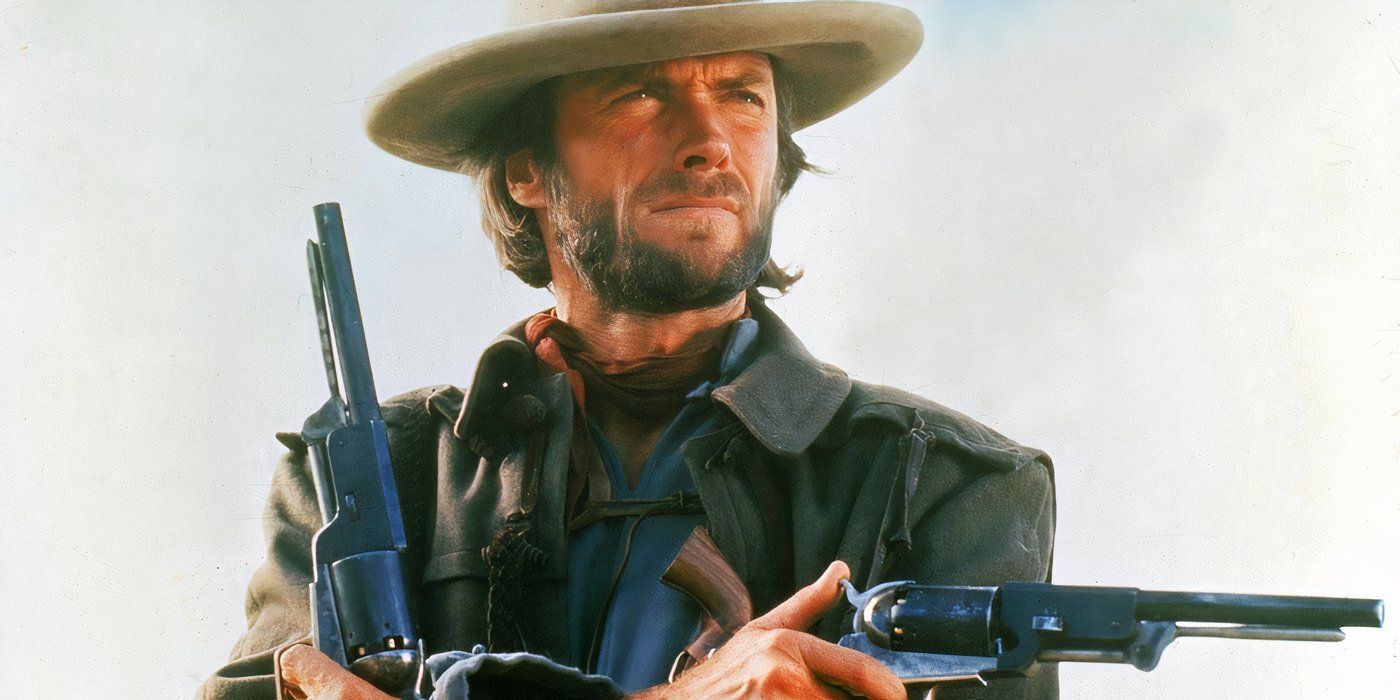
“Dyin’ ain’t much of a livin’, boy.” The Outlaw Josey Wales features a top-of-his-game Eastwood as a Missouri farmer turned Confederate guerrilla after Union soldiers kill his family. What unfolds is part revenge saga, part redemption arc, as Josey rides west, chased by bounty hunters, haunted by war, and slowly building an unlikely community of strays and survivors. Much of it is ironic, even if many viewers might have missed that.
Eastwood directs and stars, and his portrayal of Josey is iconic: soft-spoken, lethal, and slowly humanizing. The Civil War backdrop adds political texture, and the film flirts with genre convention before twisting it into something more soulful. For every gunfight, there’s a quiet moment of connection or conscience. But make no mistake; it’s still gritty. Blood is spilled, bodies fall, and the cost of vengeance hangs heavy. Once again, it’s Eastwood’s Western hero deconstructed in real time, and it doesn’t skimp on sound or fury.
3
‘Hell or High Water’ (2016)
Directed by David Mackenzie
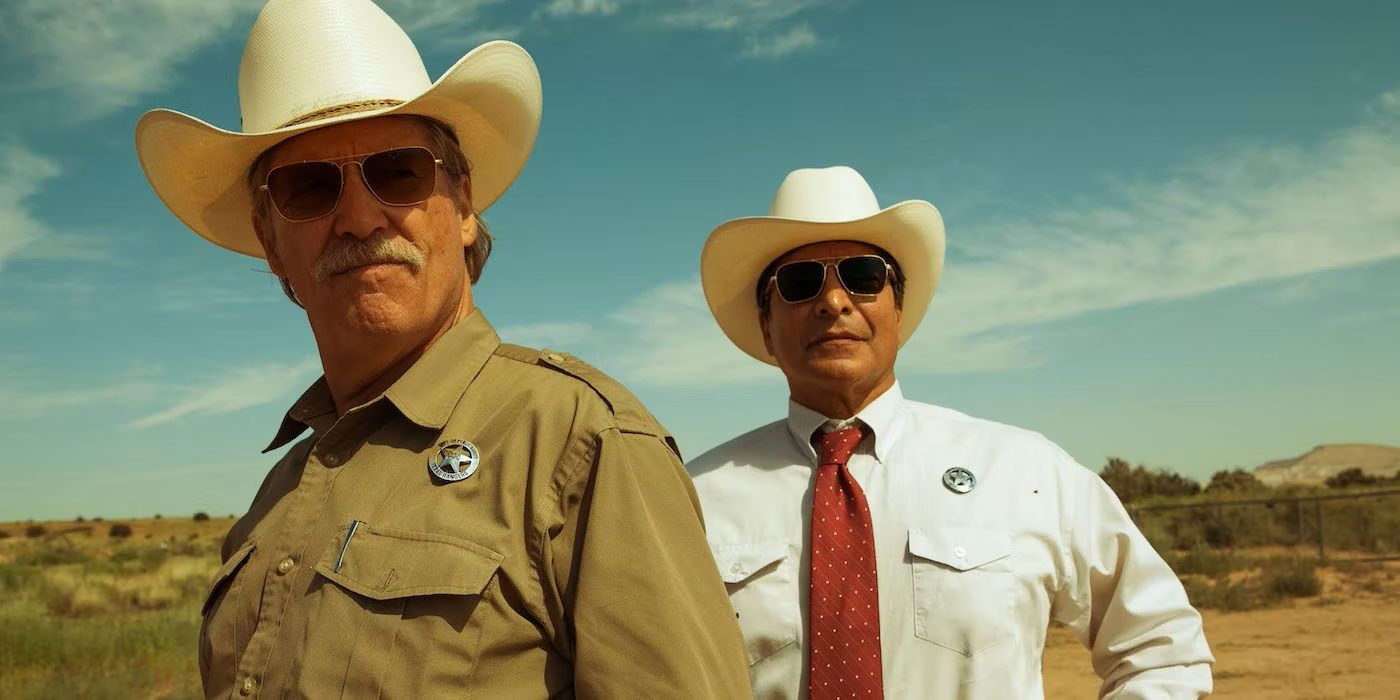
“Maybe one of these days, the oil will be gone. Then what?” With strong shades of No Country for Old Men, Hell or High Water is a modern Western disguised as a heist movie. Two brothers—one a calm, desperate father (Chris Pine), the other a volatile ex-con (Ben Foster)—begin robbing branches of a bank that’s foreclosing on their family land. A worn-down Texas Ranger (played beautifully by Jeff Bridges) gives chase, understanding more than he lets on.
Set against a backdrop of economic decay and sun-bleached small towns, the film captures the grit of a world where opportunity has dried up, but pride hasn’t. This is a story about justice in a system where justice no longer functions. Alongside the action, director David Mackenzie captures an uneasy feeling of emptiness. Every diner, pawn shop, and desert highway is soaked in quiet desperation. It’s not about outlaws vs. lawmen but about survival in a rigged game. And it’s all too real.
2
‘The Assassination of Jesse James by the Coward Robert Ford’ (2007)
Directed by Andrew Dominik
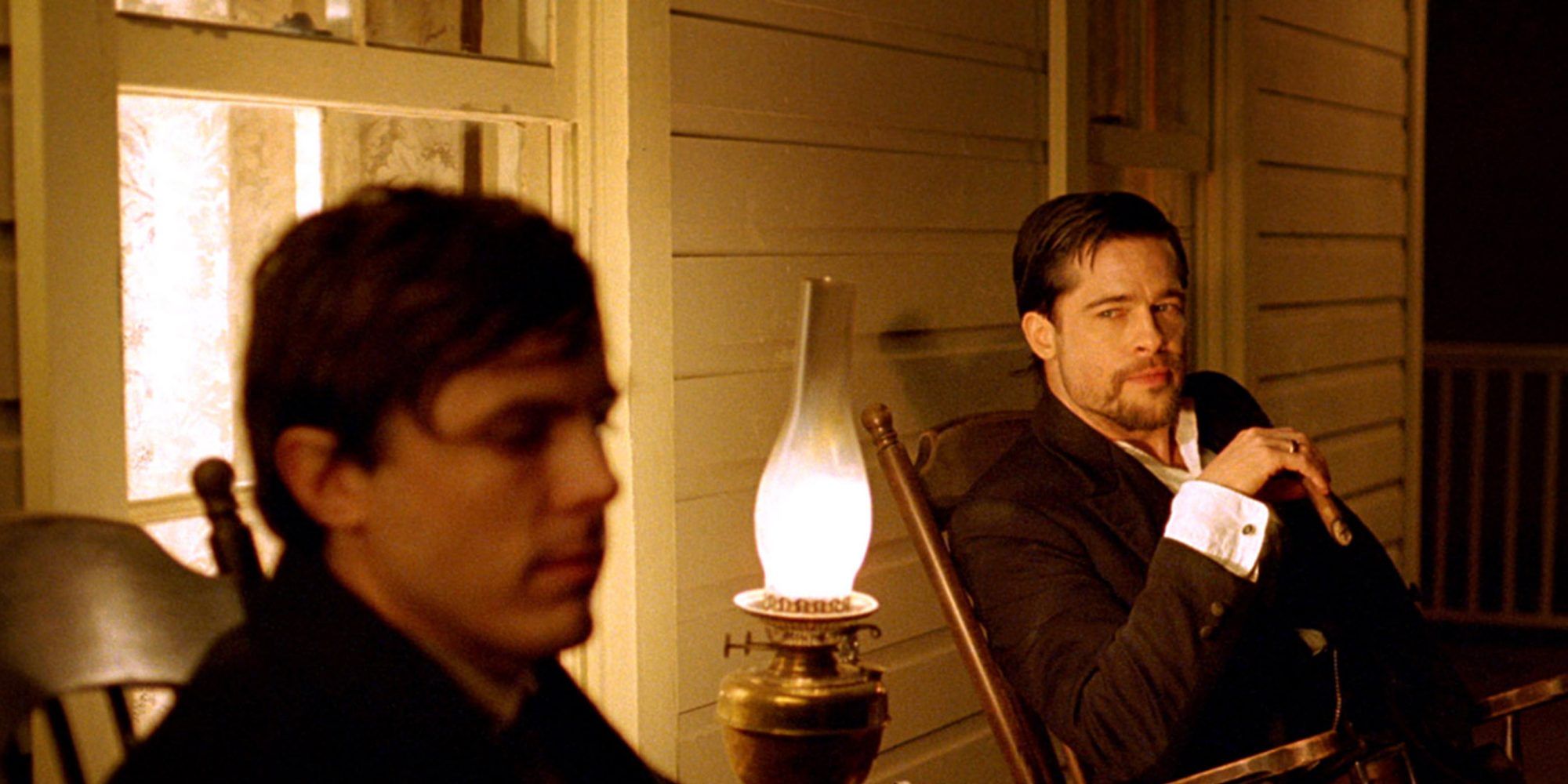
“Don’t that picture look dusty?” The Assassination of Jesse James by the Coward Robert Ford is less a Western than a funeral dirge. It dramatizes the final months in the life of Jesse James, famed outlaw, family man, and living legend, and the slow, awkward betrayal that leads to his death at the hands of an obsessive admirer. It’s meditative, melancholy, and glacial in pace, but devastating in its emotional precision.
Roger Deakins‘ cinematography captures everything with painterly beauty, a great complement to the naturalistic performances. Brad Pitt plays Jesse with haunted magnetism, while Casey Affleck‘s Robert Ford simmers with petty ambition and self-loathing. This is a rich tale offering a lot to unpack. It’s a film about myth-making and the hollow men who live in its shadow. The grit isn’t in the violence. It’s in the way loyalty curdles into envy, and fame becomes a sickness no one survives.
1
‘High Plains Drifter’ (1973)
Directed by Clint Eastwood
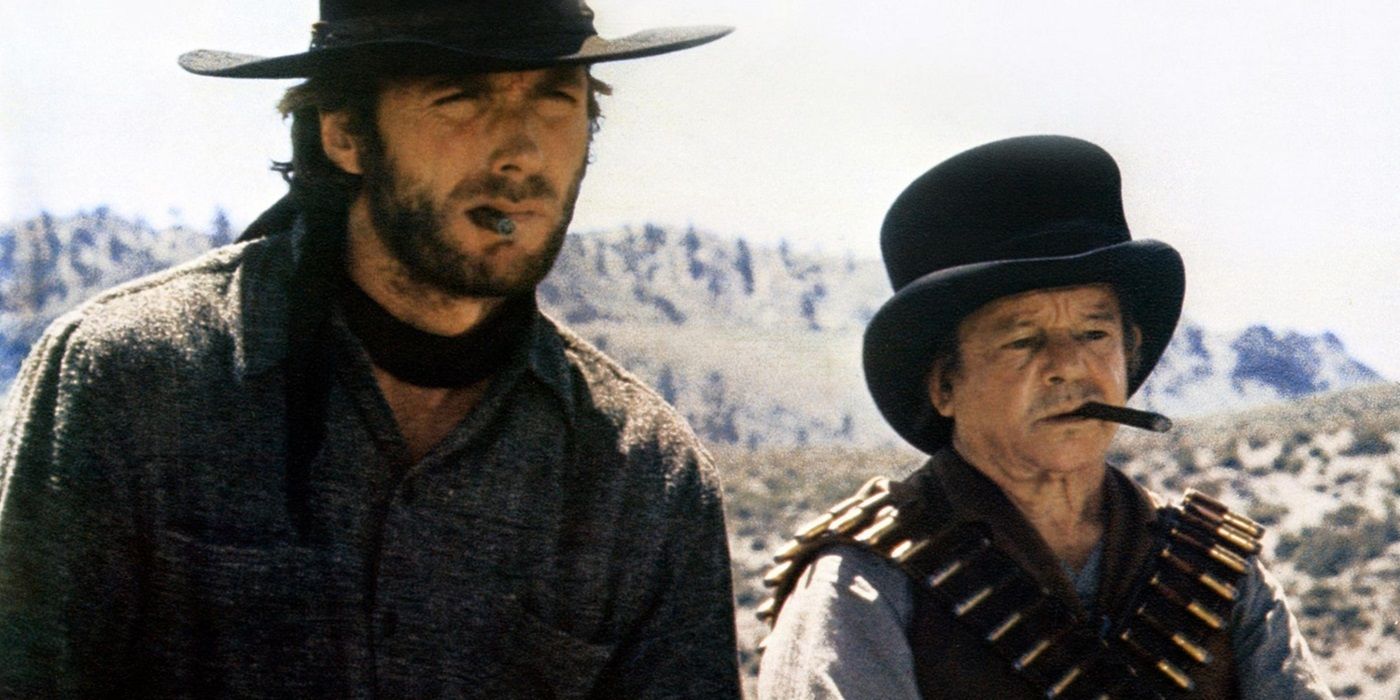
“You’re gonna look pretty silly with that knife sticking out of your ass.” High Plains Drifter is a weirder Western, one with an ethereal vibe, but which never loses its edge. Here, Eastwood plays a mysterious drifter who rides into a town begging for help against outlaws. He agrees, but only if they let him paint the town red, rename it “Hell,” and turn justice into ritualized humiliation. The result is a revenge Western that plays like a supernatural fever dream.
There’s something ghostly about the Stranger. He might be a man. He might be a spirit. He might be the town’s collective guilt come to settle scores. The grit here is in the moral rot, festering under polite smiles. Drawing on the work of collaborators Sergio Leone and Don Siegel, Eastwood directs with contempt for Western tropes, turning heroes into cowards and villains into victims. It’s more than cynical. It burns.
NEXT: The 10 Worst Steven Seagal Movies, Ranked

